Easy Guide To Composting Slideshow
Compost-Friendly: Coffee Grounds and Filters
Are you a big coffee drinker? Use your leftover ground and used filters as a great way to bulk up your compost pile.
Compost-Friendly: Leaves
Grass clippings, leaves, and tea leaves break down easily in a compost pile. Note: Make sure to tear the leaves up into smaller pieces for easier decomposition.
Compost-Friendly: Fruits and Vegetables
Note: Chop up banana and fruit peels before composting to hasten the break-down process.
Compost-Friendly: Nut Shells
Note: Crush nut shells before adding them to your compost pile.
Compost-Friendly: Egg Shells
Note: As with nut shells, crush egg shells before putting them in the compost bin.
Compost-Friendly: Dog Food
Dog food can break down in a compost pile as long as it is not meat-based. If you're not sure about the content of your pet's food, check the bag's label before deciding to mix it in with the other compost materials.
Compost-Friendly: Newspaper and Fireplace Ashes
Shredded newsapers and wood fireplace ashes can be composted, but coal ashes cannot.
Compost-Friendly Items: Dairy Products
Milk, yogurt, and cheese decompose well enough to be composted, but may attract pests. Make sure that you bury these scraps in the middle of your compost pile to prevent unwanted visitors.
Compost-Friendly Items: Diseased Garden Plants
Gardening gone wrong can be good news for composting, but only if you take certain precautions.
If you decide to add your diseased garden plants to your composting pile, experts recommend allowing your pile to reach at least 135 degrees Fahrenheit for a few days to let it "therma-kill' the disease.
Compost-Friendly Items: Weeds
Weeds can be composted, but only if you make sure to dry the weeds out completely before adding them to your compost pile.
Non-Compostable Items
Now, here are the items that you should not add to your composting pile:
Meat scraps, fish bones, and pet waste do not decompose in the same way that vegetables and fruits do, and can stink as they rot, thus attracting unwanted scavengers like raccoons.
Also, yard trimmings that have been treated with chemicals can contaminate the natural fertilizing process and thus should not be used in your compost pile.
Finally,even though limes are a fruit, the high alkaline pH in limes can halt composting action. Therefore, don't let any lime juice, peel, and pulp find its way into your compost pile.

